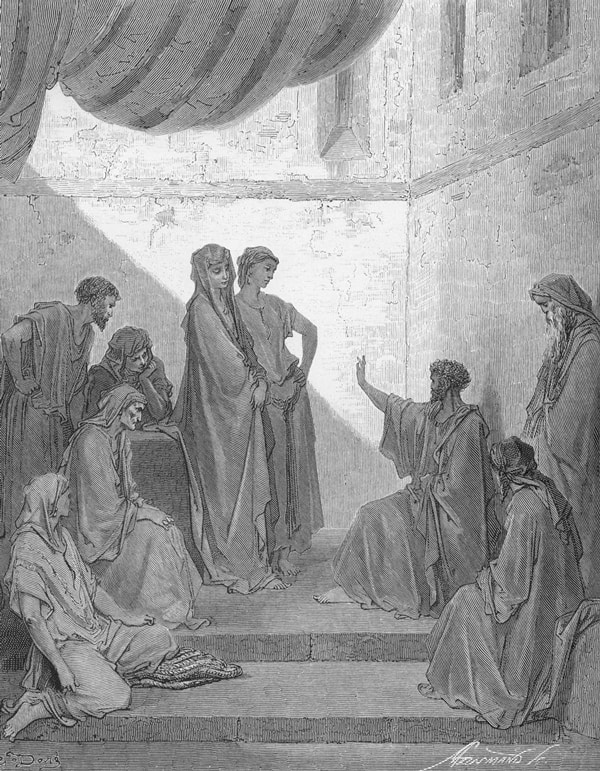
Apostle Peter and Unknowns from Cyprus and Cyrene (구브로, 구레네 사람들과 베드로)
(Thoughts after reading Ch.14 of “Do Not Call Anything Impure what God has Made Clean” by H. C. Kim)
In Acts Chapter 10–11, we see two groups of Christians approaching the gentiles with the gospel of the Kingdom. First group was led by the great apostle Peter, and the other were some unknown Christians whom we only know were from Cyprus and Cyrene.
The unraveling of history recorded here is quite remarkable; to see this we must understand the obstacles faced by the Church at that time. Apparently there were some unsettled issue among Christians (mostly consisted of Jews at that time) on how to treat the circumcision—the mark of the holy covenant of God. They didn’t yet have the full understanding that now the King, our Lord Jesus Christ, has been glorified, he has declared a new economy of the Kingdom with a better covenant made with His blood, which the previous covenant was the shadow of, and that He established baptism as the sacrament of the new covenant, its role replacing that of the circumcision. A deep exposition on this whole matter is given to us in the epistles of Paul; but in Acts 10 and 11 that is yet to come and many Christians thought that the first step of entering the covenant community, namely the Church, is to become one of the circumcised and bare the mark of, which we now know as, the old covenant.
But the Holy Spirit knew that the early Church had to set an example for coming generations from the beginning and that there is no time for hesitation in showing and demonstrating the glorious attributes of the Kingdom of Jesus Christ.
So we see in Acts 10, Apostle Peter, while not fully understanding why it has to be done that way, forced by the Spirit, through various signs and visions, to the gentiles. In Acts 11 he gives to the church in Jerusalem explanations for his actions, but not the reasoning; he says that “God gave the Spirit to them, so who am I to stand in His way?” Peter is saying that ‘I don’t fully understand why the things happened this way; the only thing I know is that God accepts the uncircumcised and I will not call impure what God has made clean.’ Because of the lack in his understanding, we see that Peter shows an undecided attitude on some other occasion (Galatians 2:11-14).
Meanwhile, we see in Chapter 11 men from Cyprus and Cyrene who went to Antioch and preached to the Hellenists. Quite possibly they have heard of the story of Cornellius and Peter, because before them people did not dare to preach the gospel to the uncircumcised. Without the edification of the Holy Spirit, these men could not have overcome such strong hesitation. But there is no account of them seeing special visions or hearing voices like Peter did, nor witnessing speaking of tongues. These men, unquestionably by the work of the Spirit through the Word of God, reached the conclusion that God no longer distinguishes the uncircumcised with the circumcised. God acknowledged them and gave them many fruits (Acts 11:21).
Such internal and logical understanding has the strength to give conviction to overcome future obstacles; while external visions or special experiences itself almost always loses its strength in time, as we can see from Peter’s case (Galatians 2:11-14).
We are not trying to contrast Peter and the unknown men from Cyprus and Cyrene; they both did their work called by our Lord; Peter also obtained full understanding later on; and through their work the Church started to demonstrate the drastic difference between Hebraism and Christianity. As a consequence, people started to call the disciples not as some particular sect of Judaism but rather as “Christians” (Acts 11:26).
But we can make comparison in their actions and ask ourselves, “What do we seek?” Special experience? Visions? Hearing of voice? Speaking of tongues? Or the edification of the Holy Spirit through the written revelation of God? Which has more strength? Which is more desirable for Christians? The bible says, “in Antioch the disciples were first called Christians.” (Acts 11:26)


